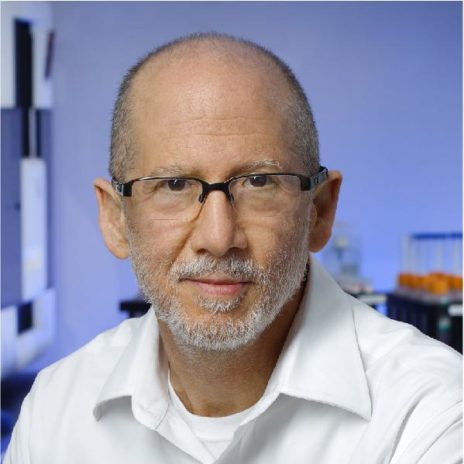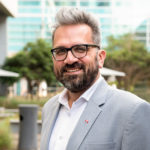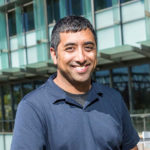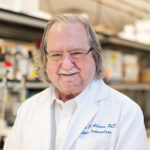
Bert Vogelstein, MD
“Cancer is, in essence, a genetic disease. Although cancer is complex, and environmental and other nongenetic factors clearly play a role in many stages of the neoplastic process, the tremendous progress made in understanding tumorigenesis in large part is owing to the discovery of the genes, that when mutated, lead to cancer.”
Bert Vogelstein is the director of the Ludwig Center, Clayton Professor of Oncology and Pathology and a Howard Hughes Medical Institute investigator at The Johns Hopkins Medical School and Sidney Kimmel Comprehensive Cancer Center. A pioneer in the field of cancer genomics, his studies on colorectal cancers revealed that they result from the sequential accumulation of mutations in oncogenes and tumor suppressor genes. These studies now form the paradigm for modern cancer research and provided the basis for the notion of the somatic evolution of cancer.
More recently, Vogelstein and his colleagues were the first to map cancer genomes and use personalized genomic sequencing to identify the genetic culprit to a hereditary cancer.
Vogelstein attended the University of Pennsylvania, where he graduated summa cum laude with distinction in mathematics and won the Rosenbaum Award for outstanding undergraduate work in Semitic languages and literature. He obtained his medical degree at the Johns Hopkins University School of Medicine and performed his internship and residency in pediatrics at The Johns Hopkins Hospital. Following his clinical training, Vogelstein completed a postdoctoral fellowship at the National Cancer Institute, focusing on new techniques in molecular biology. He returned to Johns Hopkins as an assistant professor of oncology. He is now the Clayton Professor of Oncology and Co-Director of the Ludwig Center at the Johns Hopkins Kimmel Cancer Center. Vogelstein also holds a joint appointment in molecular biology and genetics at The Johns Hopkins University and is a Howard Hughes Medical Institute investigator.
Vogelstein was elected to the American Academy of Arts and Sciences and the National Academy of Sciences in 1992, and to the American Philosophical Society in 1995. He became a fellow of the American Association for the Advancement of Science in 2006.





